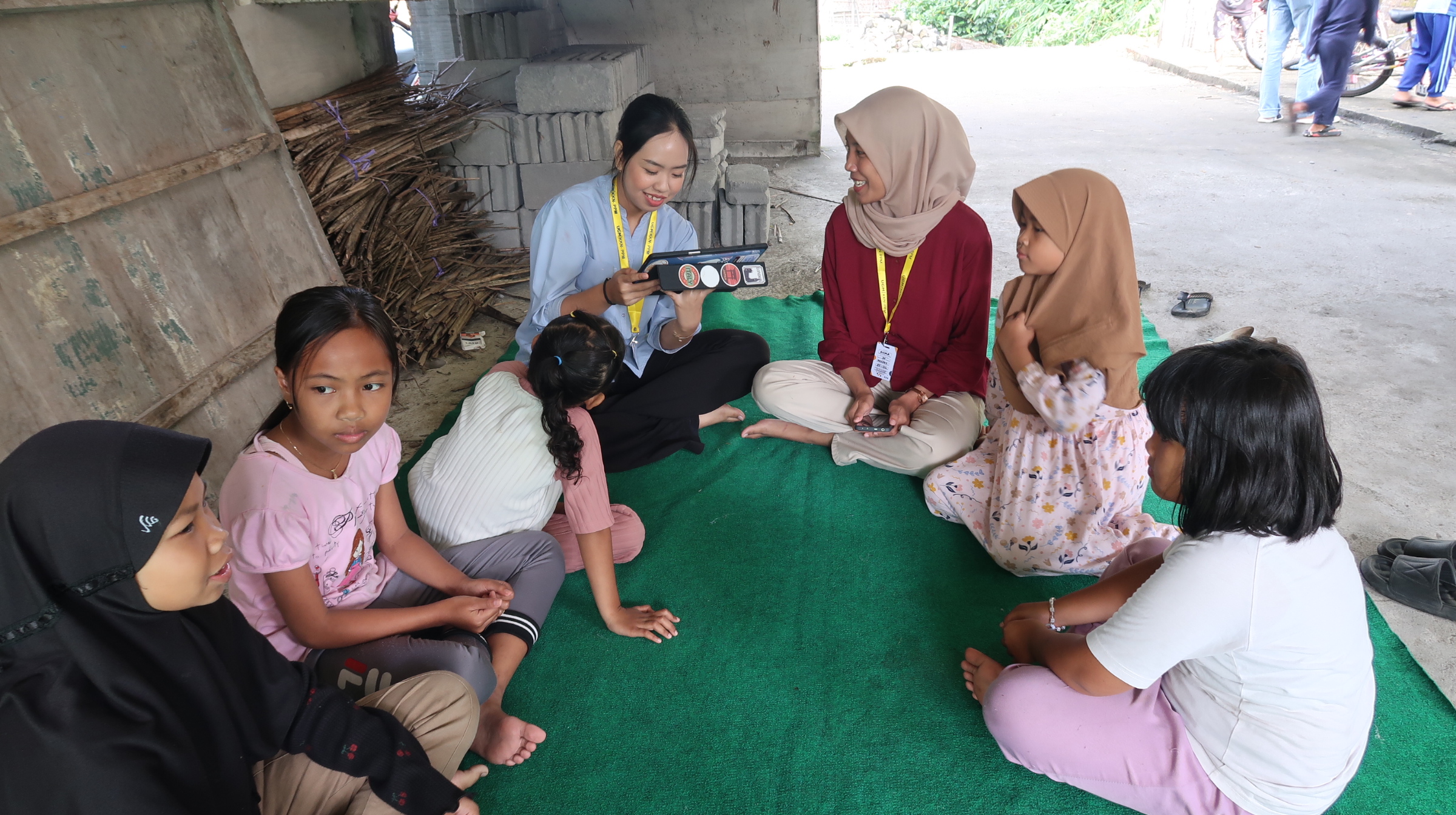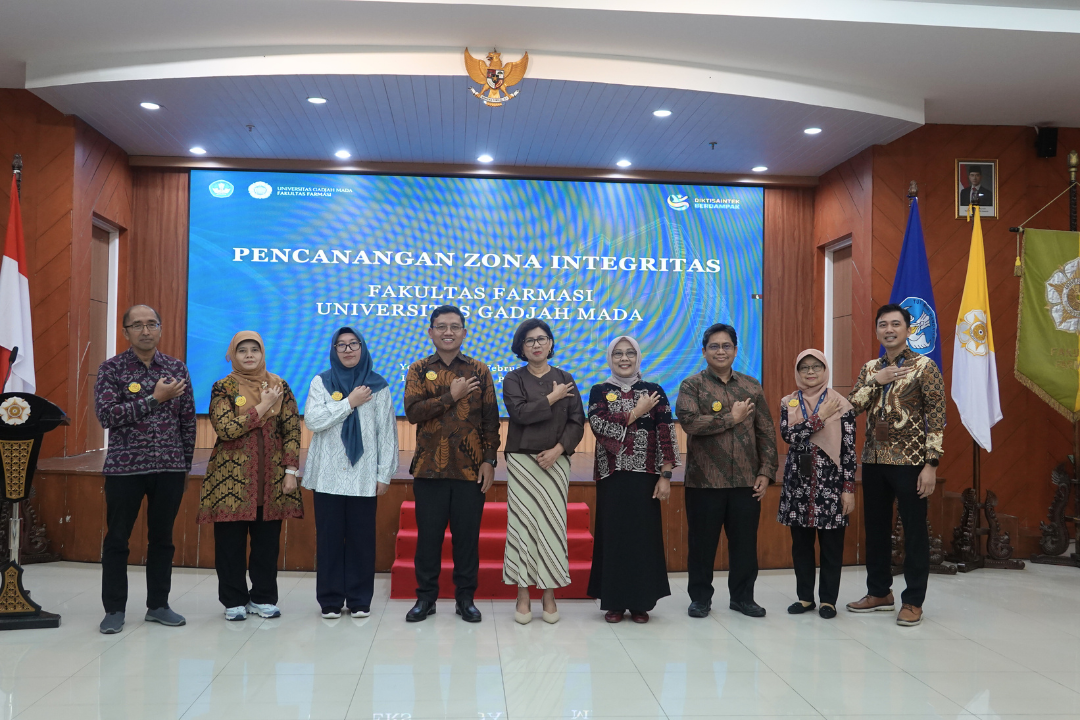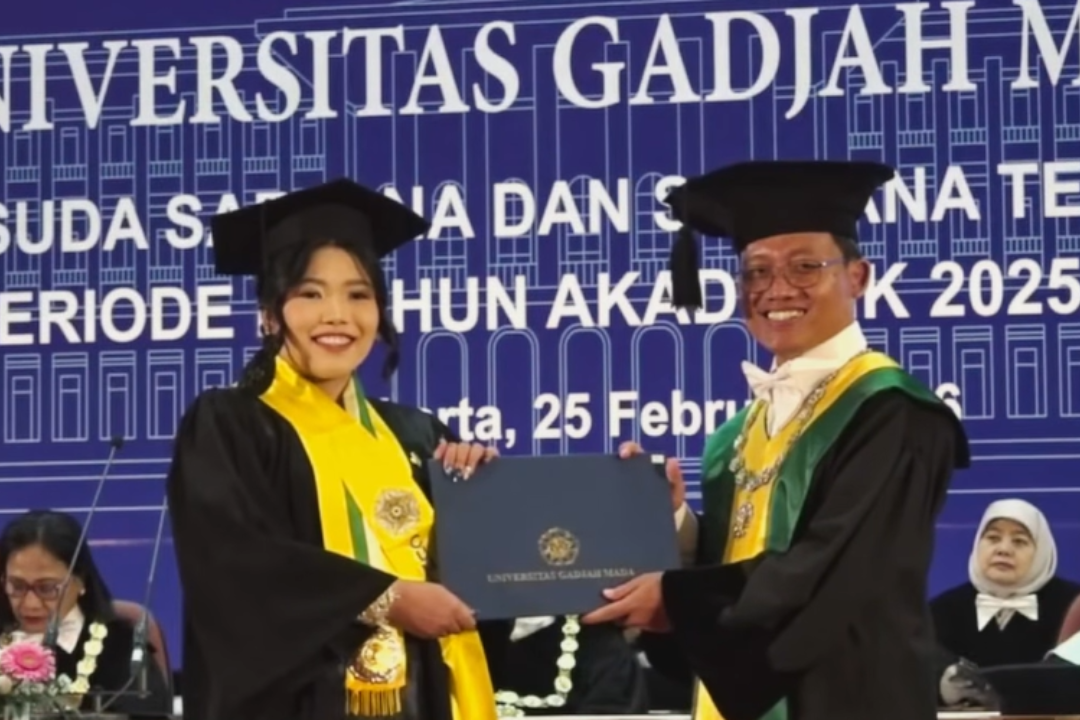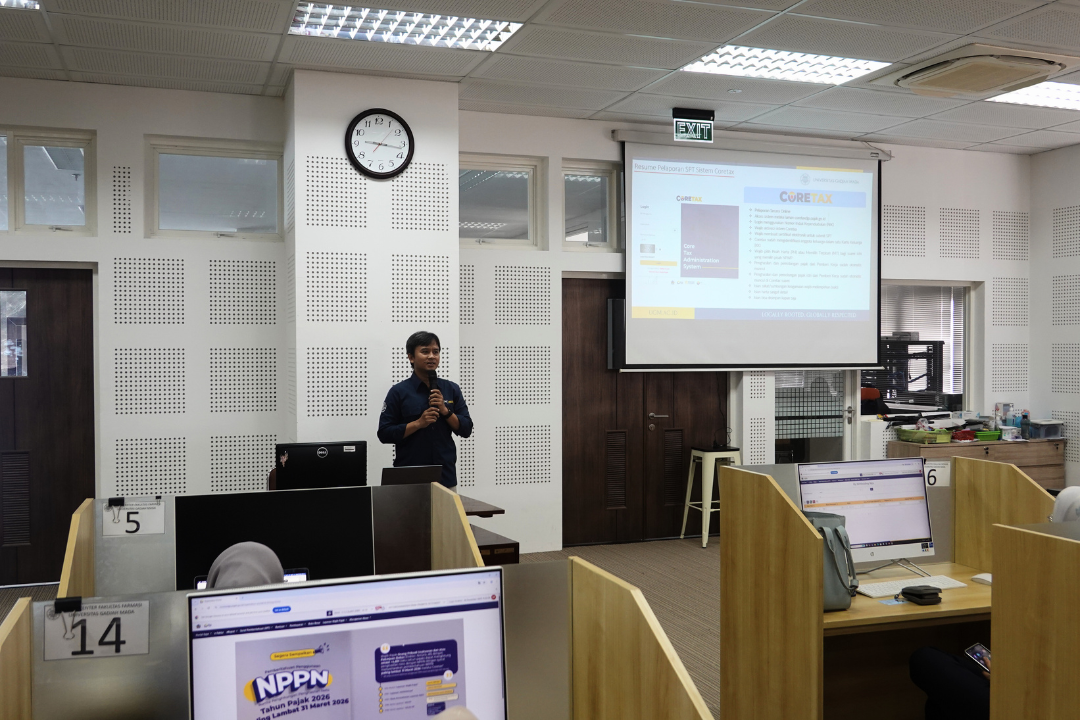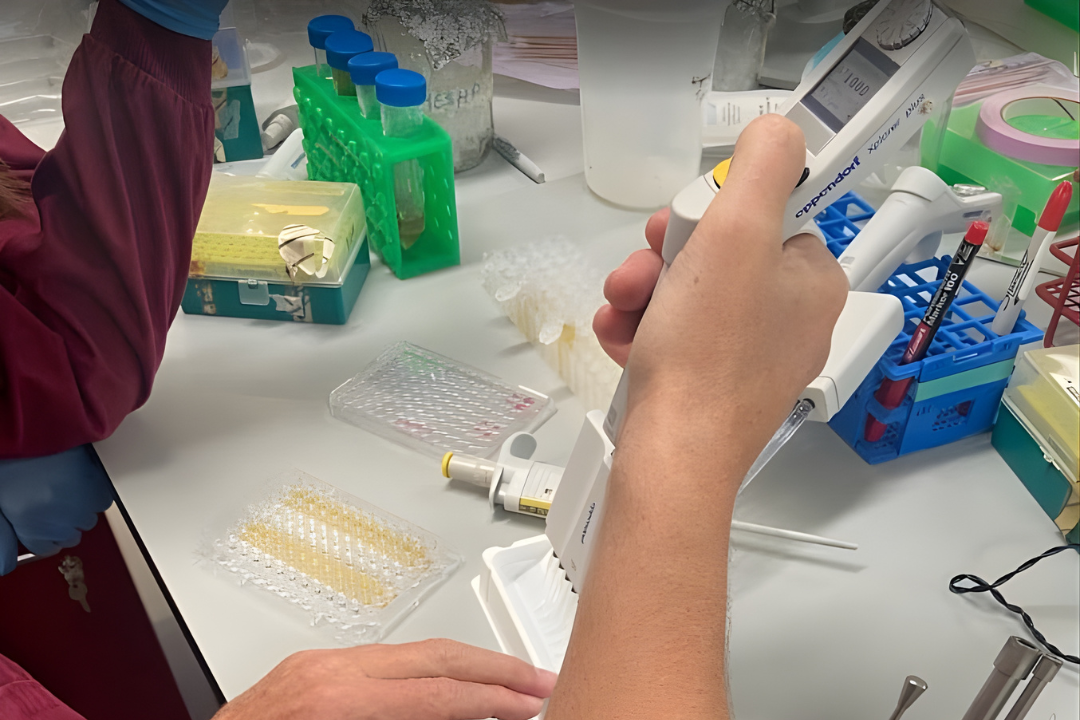Magelang, July 12, 2025 – The Faculty of Pharmacy at Universitas Gadjah Mada (UGM) held a series of health education activities in Sawangan and Krogowanan villages, Magelang Regency. The program was part of the Kuliah Kerja Nyata – Pembelajaran Pemberdayaan Masyarakat (KKN-PPM) Srawung Sawangan 2025 initiative, supervised by apt. Navista Sri Octa Ujiantari, M.Sc., Ph.D., in collaboration with UGM students participating in the community service program.
Throughout July 2025, the team worked hand in hand with the local governments of Sawangan and Krogowanan to conduct workshops on stunting prevention, training on the use of TOGA (family medicinal plants), and campaigns promoting PHBS (Clean and Healthy Living Behaviors). The goal was to raise awareness and improve community health, in line with Magelang Regency’s program to reduce stunting rates and improve quality of life.
Ryan, the field coordinator, explained:
“We aim to support the local government’s efforts to reduce stunting while reviving the use of traditional herbal plants and healthy living habits.”
On July 6, 2025, students launched the IRONI program (Iron Nutrition for the Next Generation), focusing on the importance of iron intake for health. Twenty-five teenagers from Semaren Hamlet, Sawangan Village, joined the session, which included presentations, group discussions, and a fun educational game called “Myth or Fact.” Participants learned about anemia, its symptoms, causes of iron deficiency, and iron-rich foods. The enthusiasm was evident as participants eagerly answered questions and received small prizes. This initiative supports SDG 2: Zero Hunger.
For breastfeeding mothers, the Peluk ASI program (Exclusive Breastfeeding for Nursing Mothers) was held on July 10, 2025, at the Sawangan Village Health Post with 25 participants. Through interactive discussions, mothers learned about the benefits of breastfeeding, proper techniques, and common myths surrounding breast milk. Some participants even shared personal experiences, creating a warm and supportive atmosphere.
Meanwhile, in Krogowanan Village, the team conducted a sanitation education session for children on July 7, 2025, attended by 25 elementary school students. The session aimed to instill good hygiene habits early on. Children learned about personal hygiene, proper waste disposal, and environmental care through engaging games.
Beyond nutrition, the program also encouraged residents to make use of natural resources through TOGA (family medicinal plants). On July 8, 2025, Dr. Djoko Santosa, S.Si., M.Si., from the Department of Pharmaceutical Biology, introduced various medicinal plants that can be easily grown at home. The session included a practical workshop on making instant temulawak (Java turmeric) powder, a healthy herbal drink that also offers home business opportunities. The TOGA program attracted 37 participants in Sawangan and around 50 in Krogowanan.
A stunting prevention workshop took place on July 12, 2025, at the Muslimin Village Hall in Sawangan, coinciding with the local Posyandu ILP activities. Pregnant women and mothers of young children in the first 1,000 days of life received one-on-one guidance on identifying stunting, its causes, and preventive measures. Easy-to-understand leaflets were provided so families could revisit the information at home.
The team also organized a Mosquito Breeding Site Eradication (PSN) program on July 21, 2025, supporting SDG 6: Clean Water and Sanitation. The event involved 20 women from Semaren RT 04, Sawangan, focusing on the 3M Plus movement—draining water containers, sealing water storage, recycling unused items—along with additional steps such as adding Abate powder to hard-to-clean water tanks, using mosquito nets, planting mosquito-repellent plants, and maintaining environmental cleanliness. Participants also received Abate powder to take home.
Fuad, the program coordinator, emphasized the importance of active community involvement:
“This isn’t just about socialization; we want residents to make these habits part of their daily lives so the risk of mosquito-borne diseases can be significantly reduced.”
With its educational, practical, and participatory approach, the KKN-PPM Srawung Sawangan 2025 program aims to create a long-term positive impact on public health in the Merbabu foothills—supporting SDG 3: Good Health and Well-Being.
Contributors: Aprila Kusuma Dewi, Navista Sri Octa Ujiantari, Nindya Kusumorini

